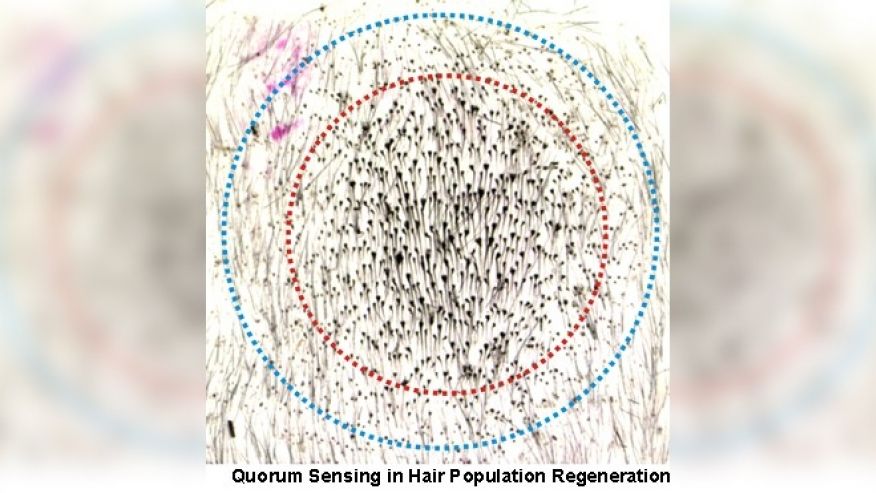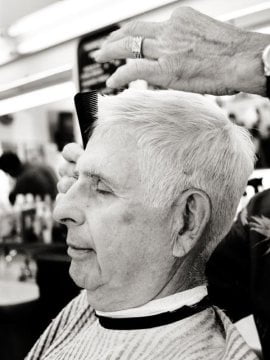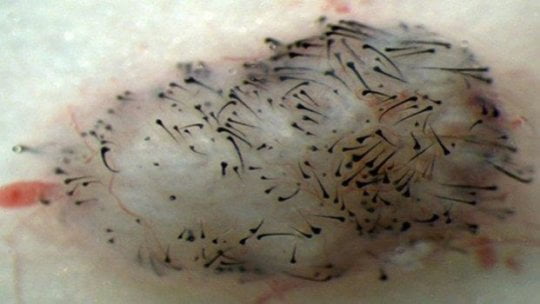
Think about it: If diets really worked, the diet industry as we know it wouldn’t exist. But the truth is that 45 million American people go on diets every year, and most of them fail to meet their goals. When diets don’t work, it’s actually possible to gain weight, rather than lose it. If you follow a fad diet that claims to help you drop a large amount of weight in a short amount of time, your body is tricked into thinking it is in a state of starvation and attempts to hang on to every calorie to survive.
According to Steven R. Hendrick, MD, it’s all down to leptin, a hormone made by fat cells in the body that decreases when you diet. “When the leptin levels decrease, the brain senses that more energy needs to be brought in. Feelings of hunger increase to initiate food intake in order to replenish the energy the body senses it needs,” explains Dr. Hendrick.
With new diets being marketed to us all the time, it’s not always easy to resist the promise of a quick fix. But a growing number of health professionals are advocating a very different solution to long-term weight loss.
“Studies have demonstrated the effectiveness of intuitive eating,” confirms Dr. Hendrick. “I would agree with respecting your fullness—eat when you’re hungry, stop when you’re not. Eating to refuel versus eating when there’s food around is, I think, a very important distinction we should all consider.”
However, that doesn’t mean eating pizza for every meal because it’s normal for you, and no longer forbidden. It means paying more attention to your body’s fullness cues.
“For good health, you need to make good decisions,” says Dr. Hendrick. “You could just as easily still feel good about yourself with intuitive eating but very well be ‘unhealthy,’ in reality.”
If you’re thinking that intuitive eating requires hard work and willpower, you’re absolutely right. It requires making good food choices—and ignoring all the unhealthy options available to us everywhere we go, 24/7.
“If you truly followed the tenets being promoted by intuitive eating, I think you probably would drop some weight, and feel good both mentally and physically,” says Dr. Hendrick.
[“source=rd”]




















